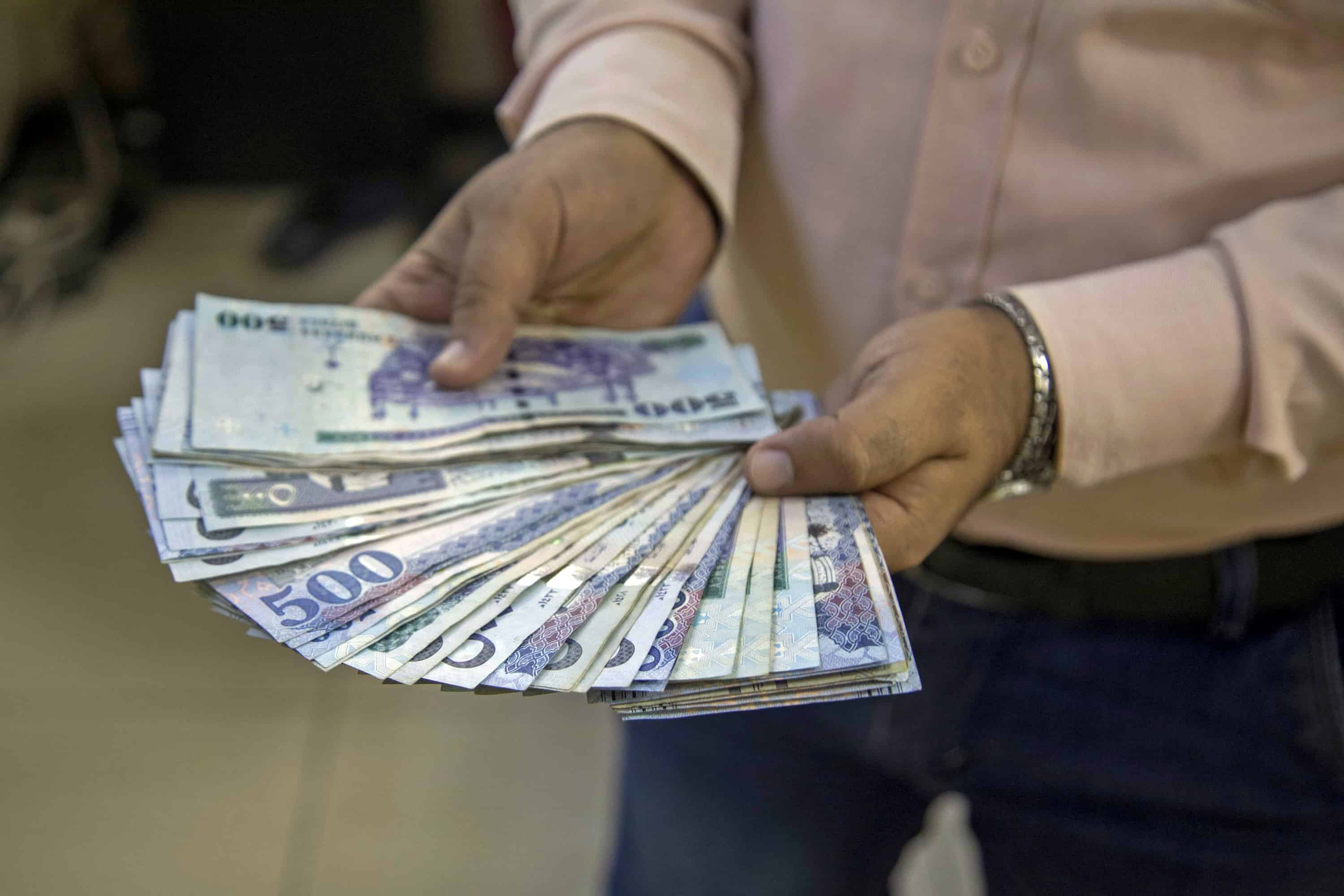The Saudi Central Bank (SAMA) has decided to raise its repo rate and reverse repo rate, it has announced in a statement on its official website.
The repo rate is being changed by 0.25 percentage point from 1 percent to 1.25 percent, it said.
The reverse repo rate was also being raised by 0.25 percentage point from 0.5 percent to 0.75 percent.
The bank said the policy rate adjustments are consistent with its objectives of maintaining monetary stability and supporting the stability of the financial sector in the evolving domestic and international monetary conditions.
The rate hike comes at the same time as the Federal Reserve — the central bank of the United States — announced an increase in its own interest rates.
The Fed’s decision to increase rates is said to have been predicated on a determination to bring down inflation in the country.
Since then, the Central Bank of the United Arab Emirates has also announced a change in its base rates.
The Saudi riyal, like the Emirati dirham, is directly linked to the US dollar. As a result, both currencies have a fixed rate of exchange against the dollar.
A dollar is exchanged at SAR3.75, a rate that has been prevalent ever since 1986.
Thus, Fed rate hikes have a direct impact on the Saudi economy, and the Saudi Central Bank acts accordingly.








